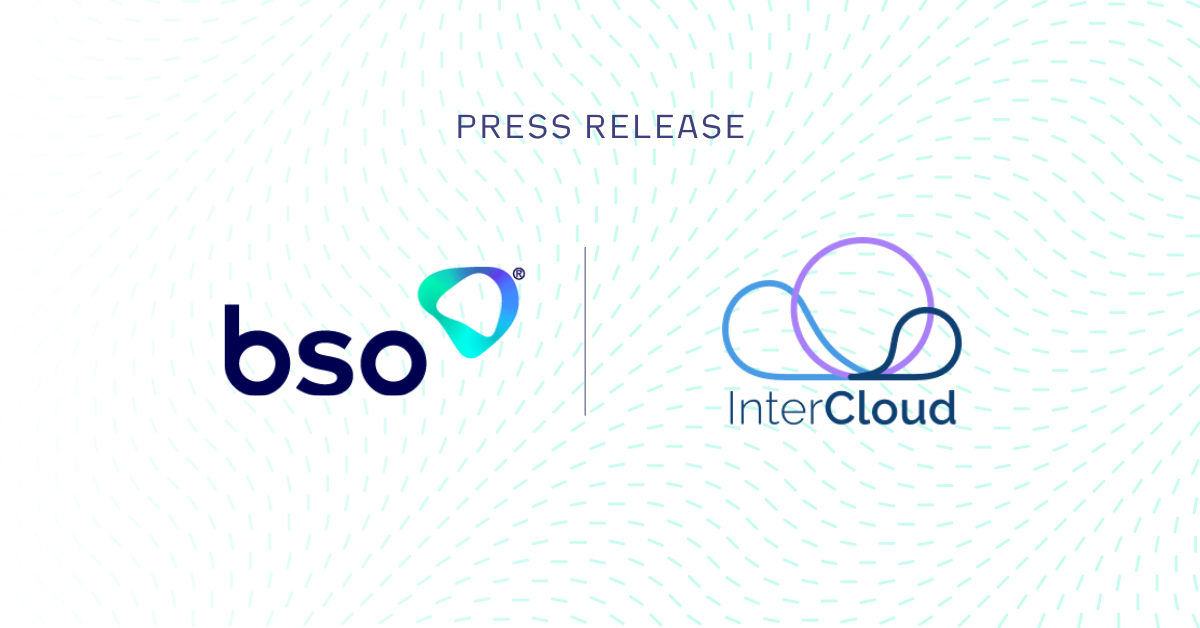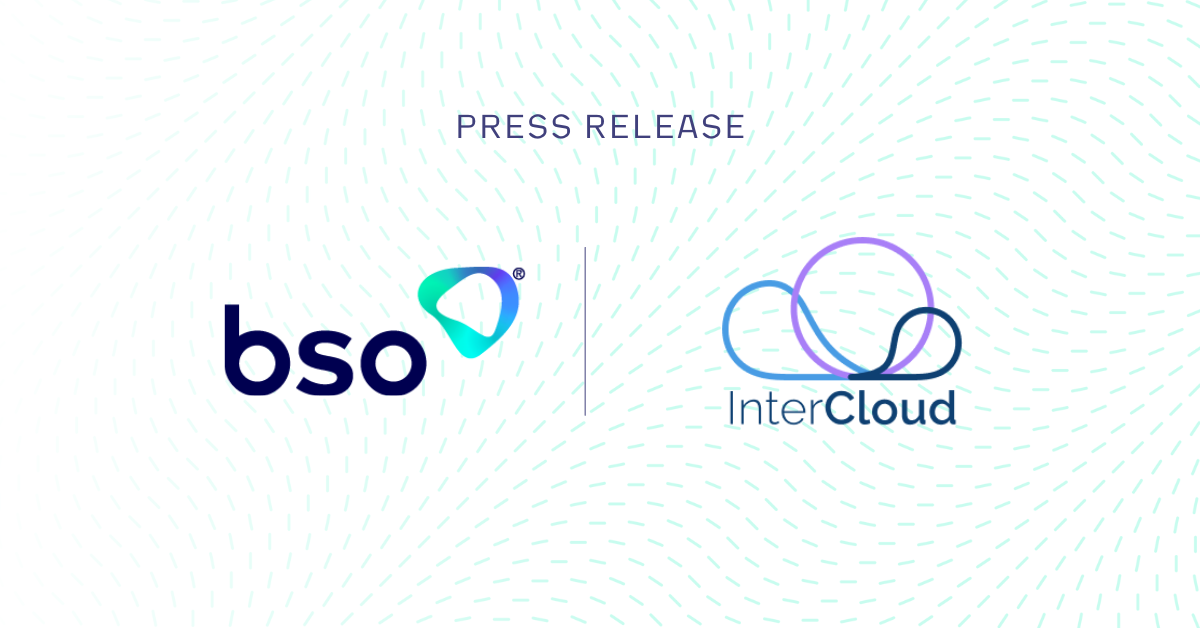
Gone are the days of an organisation being targeted solely by lite hackers.
Today, an aggressor needn’t be a hacker at all: the high school student across the street, a disgruntled employee or the customer who had an unfortunate experience with your organisation can all shutter your online availability with Distributed Denial of Service (DDoS) attacks.
What exactly is a DDoS attack?
Imagine an unruly individual that requests junk mail be sent to a victim’s home – a LOT of junk mail. The victim’s mailbox soon becomes overwhelmed. And as the mail continues to pile up the postal carrier becomes overwhelmed. Soon enough, the local post office, the regional post office and so forth, all become overwhelmed. Eventually the transit of all mail, both the good and the junk, becomes gridlocked.
A DDoS attack seeks to make a network unavailable by overloading the target network or machine with unnecessary requests. These attacks typically flood online systems, such as internet banking sites or online trading platforms, with vast amounts of data in order to overload them and take services offline.
Who launches attacks?
Thanks to the growing popularity of the cybercrime-as-a-service business model, the process of launching DDoS attacks is now effortless and nontechnical. Attack tools have become more available and less expensive—even free—and as a result, DDoS attacks have grown in frequency and scale.
The 2015 Verizon Data Breach Investigations Report (DBIR) shows that DDoS attacks are the most common form of attack against financial services businesses, accounting for 32% of all attacks analysed in the report. Arbor Networks’ recent Worldwide Infrastructure Security Report found that 57% of financial institutions have experienced a DDoS attack – the highest of any sector.
A recent example occurred this past January when HSBC’s online banking services experienced an attack. Banks and financial institutions are the choice vertical for an impactful DDoS attack due to vast amounts of data being transferred at a given time.
BSO understands that banks and financial institutions need to feel confident that their networks are protected from cybercriminals. A part of the company’s Network Services, BSO’s ‘DDoS Protection’ detects and mitigates advanced attacks that exploit applications, web server and DNS server vulnerabilities, hit-and-run attacks and large botnet threats. All attack traffic that would otherwise hit your infrastructure is automatically routed to BSO’s DDoS filtering.
The potential economic and reputational damage that DDoS attacks can inflict on networks should be enough motivation for businesses organisations to ensure they have the necessary mitigation systems and processes in place.
Don’t wait to get hit, prevent it!
TO FIND OUT MORE ABOUT BSO’S ‘DDOS PROTECTION’ AND FOR PEACE OF MIND
ABOUT BSO
The company was founded in 2004 and serves the world’s largest financial institutions. BSO is a global pioneering infrastructure and connectivity provider, helping over 600 data-intensive businesses across diverse markets, including financial services, technology, energy, e-commerce, media and others. BSO owns and provides mission-critical infrastructure, including network connectivity, cloud solutions, managed services and hosting, that are specific and dedicated to each customer served.
The company’s network comprises 240+ PoPs across 33 markets, 50+ cloud on-ramps, is integrated with all major public cloud providers and connects to 75+ on-net internet exchanges and 30+ stock exchanges. The team of experts works closely with customers in order to create solutions that meet the detailed and specific needs of their business, providing the latency, resilience and security they need regardless of location.
BSO is headquartered in Ireland, and has 11 offices across the globe, including London, New York, Paris, Dubai, Hong Kong and Singapore. Access our website and find out more information: www.bso.co
SALES ENQUIRY
Get in touch now. Find out how we can transform your business_
You might be interested in_
THE BSO DIFFERENCE
The industries we work across_





/Revolutionising-Connectivity%20BSOs-Tailored-Cloud-Solution-for-CryptoStruct-GmbH.png?width=1050&height=550&name=Revolutionising-Connectivity%20BSOs-Tailored-Cloud-Solution-for-CryptoStruct-GmbH.png)
/6%20Cloud%20Best%20Practices%20for%20Financial%20Technology%20Companies.jpg?width=1200&height=600&name=6%20Cloud%20Best%20Practices%20for%20Financial%20Technology%20Companies.jpg)








